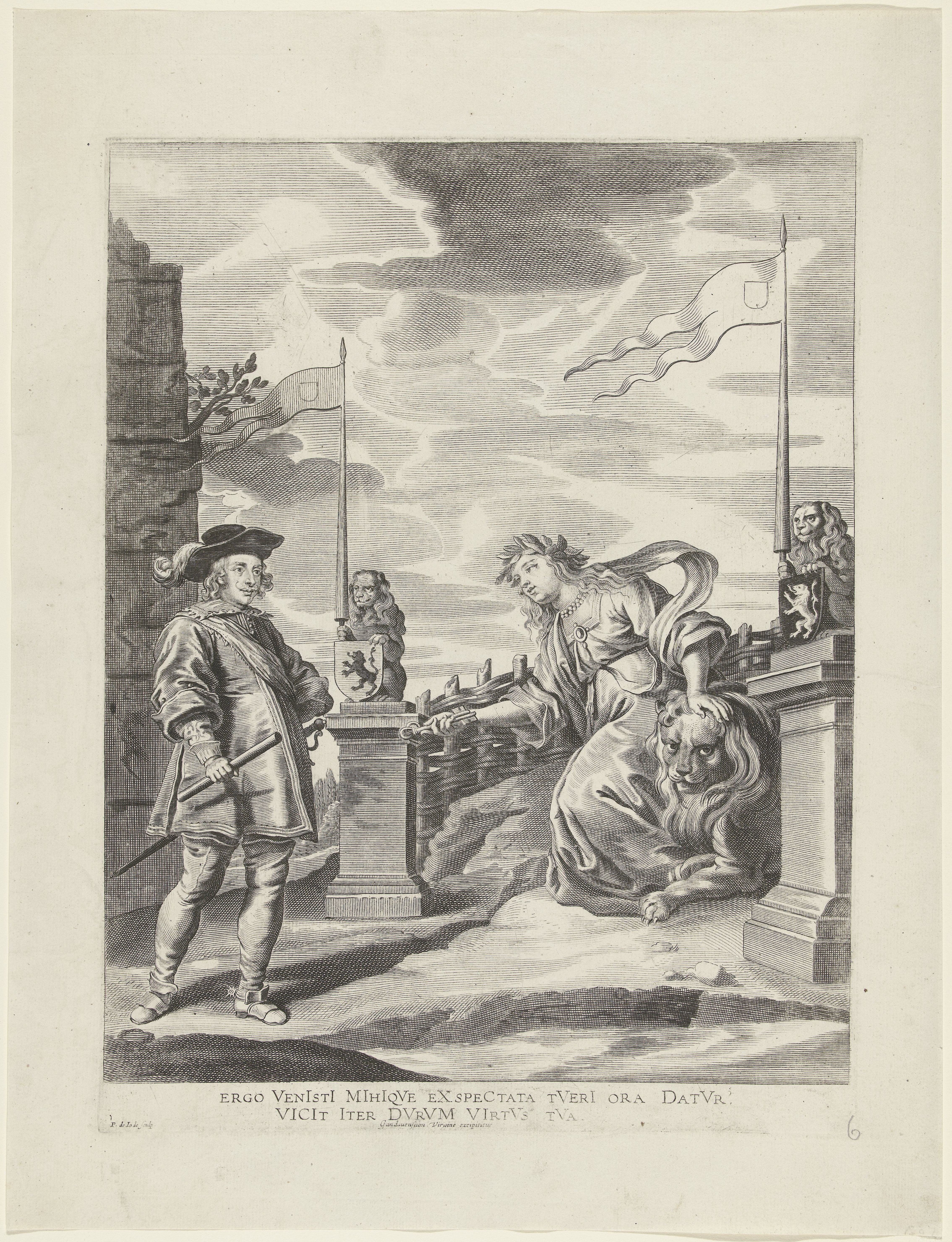|
Maximiliaan De Vriendt
Maximiliaan de Vriendt, Latinized Maximus Æmilianus Vrientius (1559–1614), was a Neo-Latin poet and a civic office-holder in the city of Ghent. Life De Vriendt was born at Zandenburg Castle, Veere, on 31 January 1559, to Jacques Jacobs de Vriendt and Maria de Lattre. The family was from Ghent and returned there soon after his birth. He graduated Bachelor of Arts from Leuven University on 6 March 1578, and then spent some time studying law at the University of Paris.G. Merlevede, "Vriendt (Vrientius), Maximiliaan de", '' Nationaal Biografisch Woordenboek'', vol. 6 (Brussels, 1974), 995-1001. After touring Italy he returned to Ghent in 1579, but was banished from the city on 8 December 1583 for his opposition to the Calvinist regime that had come to power. He returned to Ghent in 1584, and on 14 or 15 May was apprehended and tortured. He was not released until 3 September 1584, when the city surrendered to the commander in chief of the Army of Flanders, the Prince of Parma. On 1 ... [...More Info...] [...Related Items...] OR: [Wikipedia] [Google] [Baidu] |
Veere
Veere (; zea, label=Zeelandic, Ter Veere) is a municipality with a population of 22,000 and a town with a population of 1,500 in the southwestern Netherlands, in the region of Walcheren in the province of Zeeland. History The name ''Veere'' means "ferry": Wolfert Van Borssele established a ferry and ferry house there in 1281. This ferry he called the "camper-veer" or "Ferry of Campu" by which name Camphire it was known, at least in England, until the seventeenth century. It eventually became known as "de Veer". In the same year 1281 Wolfert also built the castle Sandenburg on one of the dikes he had built. On 12 November 1282, Count Floris V. thereupon issued a charter by which Wolfert received the sovereignty to the land and castle with the ferry and ferry house. From that time on Wolfert was given the title of Lord Van der Veer. Veere received City rights in the Netherlands, city rights in 1355. The "''Admiraliteit van Veere''" (Admiralty of Veere) was set up as a result ... [...More Info...] [...Related Items...] OR: [Wikipedia] [Google] [Baidu] |
Joyous Entry
A Joyous Entry ( nl, Blijde Intrede, Blijde Inkomst, or ; ) is the official name used for the ceremonial royal entry, the first official peaceable visit of a reigning monarch, prince, duke or governor into a city, mainly in the Duchy of Brabant or the County of Flanders and occasionally in France, Luxembourg, Hungary, or Scotland, usually coinciding with recognition by the monarch of the rights or privileges to the city and sometimes accompanied by an extension of them.Bell & Hawell Information and Leaming: ''Margaret of Austria and Brou: Habsburg Political Patronage in Savoy'' thesis submitted by Deanna MacDonal ... [...More Info...] [...Related Items...] OR: [Wikipedia] [Google] [Baidu] |
17th-century Poets
The 17th century lasted from January 1, 1601 ( MDCI), to December 31, 1700 ( MDCC). It falls into the early modern period of Europe and in that continent (whose impact on the world was increasing) was characterized by the Baroque cultural movement, the latter part of the Spanish Golden Age, the Dutch Golden Age, the French ''Grand Siècle'' dominated by Louis XIV, the Scientific Revolution, the world's first public company and megacorporation known as the Dutch East India Company, and according to some historians, the General Crisis. From the mid-17th century, European politics were increasingly dominated by the Kingdom of France of Louis XIV, where royal power was solidified domestically in the civil war of the Fronde. The semi-feudal territorial French nobility was weakened and subjugated to the power of an absolute monarchy through the reinvention of the Palace of Versailles from a hunting lodge to a gilded prison, in which a greatly expanded royal court could be more easily ke ... [...More Info...] [...Related Items...] OR: [Wikipedia] [Google] [Baidu] |


